Position title
Tenure Track Assistant Professor in Computational Neuro-Biology of Human Movement
Employment
Position within the School of Kinesiology
Employer name
School of Kinesiology
Employer email address
kin.hr@ubc.ca
Job description
The School of Kinesiology, in the Faculty of Education at The University of British Columbia (UBC), invites applications for a full-time tenure-track Assistant Professor position in the area of Computational Neuro-biology of Human Movement. The appointment is expected to begin on January 1, 2023 or as negotiated with the successful candidate.
The successful candidate must hold a PhD at the time of application in neuro-biology, neuroscience, or a closely related discipline, and demonstrate excellence or the potential for excellence in teaching, research, and scholarship. Post-doctoral training would be an asset. The successful candidate is expected to engage in basic research that supports the areas of neuromechanical, physiological and systems biology and must have advanced knowledge, research experience and a demonstrated history of publications using computational approaches for modeling neurophysiological processes and statistical signal processing of electrophysiological and/or neurobiological imaging data.
The successful candidate must have a record of research dissemination in terms of peer-reviewed articles in recognized academic journals in the field and evidence of presentations at national and international scholarly conferences. Demonstrated ability to participate in scholarly activity, to establish an original program of research supported by external competitive funding (e.g., tri-agency and partnership grants) is required. This individual will have demonstrated ability to develop and effectively teach courses at introductory and advanced levels in areas of electrophysiological and brain imaging, biosensors and technology, computational approaches in Kinesiology, neurobiological signal processing, and modeling neuro biological systems of human movement.
The successful candidate will be expected to develop and teach three courses including “Introduction to computational approaches in kinesiology – “biosensors & technology”, as well as advanced upper-level courses in areas of “Neuro-biological signal processing”, and “Modeling neuro-biological systems of human movement”, to be offered to senior undergraduate and graduate students.
They are also expected to contribute to the growth of the School through supervision of graduate students, participation in service activities within the School, Faculty, University and in the broader scholarly community. The incumbent will be encouraged to collaborate across the diverse research areas in the School and, more broadly, the University. This position will complement the School of Kinesiology’s strategic plans for interdisciplinary research excellence within the School and across faculties at UBC and play a role in generating and disseminating knowledge on the role of physical activity and health in diverse populations.
How to apply
Interested applicants are asked to send:
(i) a cover letter (please indicate if you are currently legally entitled to work in Canada),
(ii) curriculum vitae,
(iii) a five-year research plan,
(iv) a summary of teaching interests and philosophy,
(v) evidence of teaching excellence (such as course outlines and student evaluations if available),
(vi) three papers that are the most significant and relevant to your research interests,
(vii) a Diversity Statement that describes and documents how values of equity, diversity, inclusion, anti-racism, and anti-oppression figure into your past, present, and future experience of teaching, research, community engagement, and your lived experience (maximum 1 page), and
(viii) names and contact details of three academic references. Letters of reference will only be requested from short-listed candidates.
The complete application file must be submitted in the format of one bookmarked PDF file, addressed to Dr. Robert Boushel, Director, School of Kinesiology, and sent electronically to kin.hr@ubc.ca by the application review start date (below). Please include this subject heading: Computational Neuro-Biology of Human Movement Position. Following the submission of the application, the applicant will receive an Equity Survey link via email. Completion of the anonymous Equity Survey is required as part of the application process.
While the search remains open until the position is filled, in order to be considered in this round of adjudication, interested individuals are asked to submit their applications by April 15, 2022, to ensure optimal consideration. Questions regarding the position and the application deadline should be directed to Dr. Robert Boushel, Director, School of Kinesiology at kin.hr@ubc.ca.
Read the full position description:
Download here.
Posting expiration date
05/25/2022
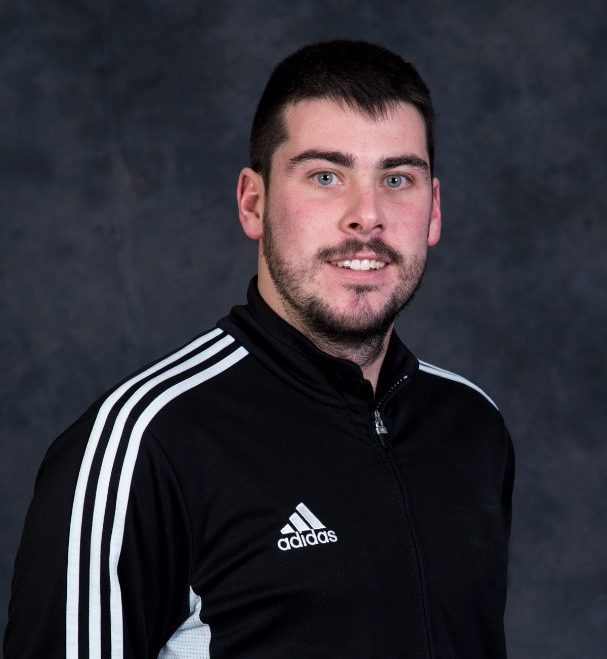 Matthew currently works as the Technical Programs Director for a large soccer club in Alberta. He has coached at the Provincial Level in Canada and with the Youth National Club league in the United Kingdom.
Matthew currently works as the Technical Programs Director for a large soccer club in Alberta. He has coached at the Provincial Level in Canada and with the Youth National Club league in the United Kingdom.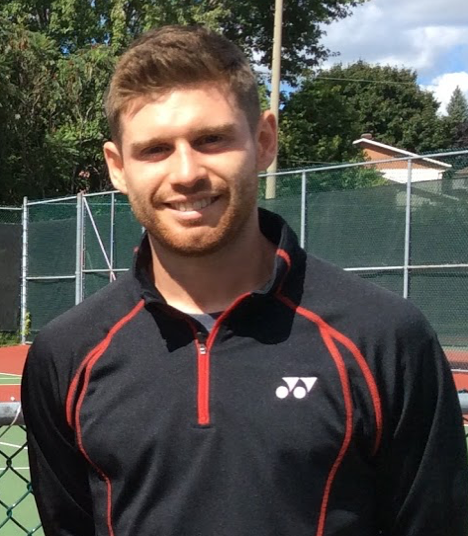 Dominic Labelle is currently in charge of the “Under 12 and Under 10” tennis Program at the Academy Aliassime. He has coached at the university, provincial and national level across the country. He has also worked for Tennis Canada’s Under 10 camps.
Dominic Labelle is currently in charge of the “Under 12 and Under 10” tennis Program at the Academy Aliassime. He has coached at the university, provincial and national level across the country. He has also worked for Tennis Canada’s Under 10 camps.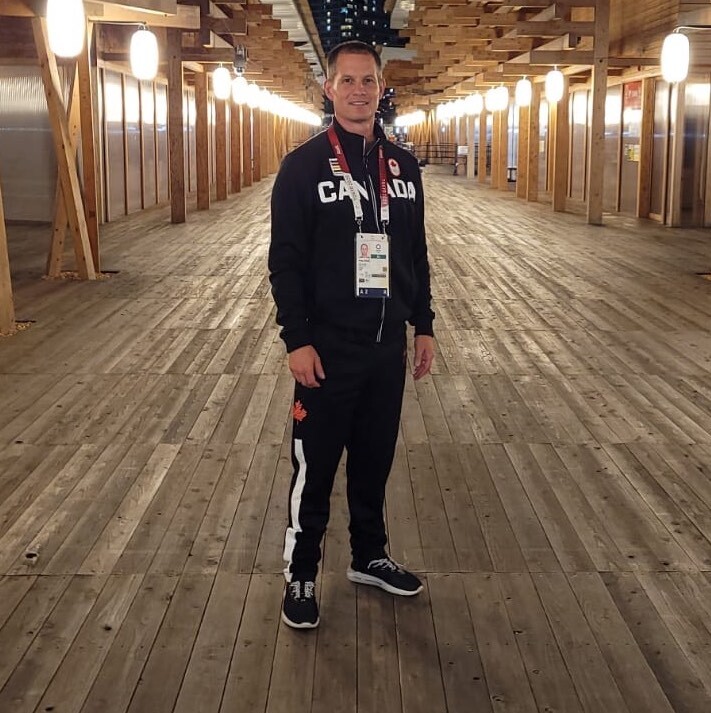
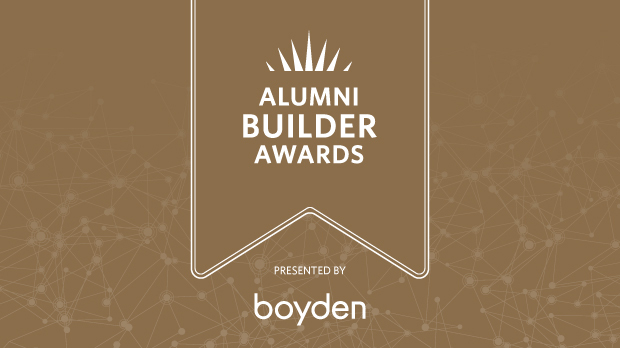
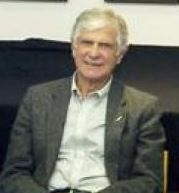 David Russell was an accomplished academic and professor with the School of Physical Education, University of Otago, in New Zealand. He began his career at UBC where he received his BPE (1970) and MPE (1971) from the UBC School of Kinesiology (head of the graduating BPE class). He continued his academic journey at the University of Michigan where he completed an MA in psychology and his PhD in motor learning and control. He then went on to serve as a Research Assistant Professor at the University of Illinois before moving to the Human Movement Studies Dept at the University of Queensland in Australia where he was a Senior Lecturer from 1974-81 and Head of the Dept from 1978-81.
David Russell was an accomplished academic and professor with the School of Physical Education, University of Otago, in New Zealand. He began his career at UBC where he received his BPE (1970) and MPE (1971) from the UBC School of Kinesiology (head of the graduating BPE class). He continued his academic journey at the University of Michigan where he completed an MA in psychology and his PhD in motor learning and control. He then went on to serve as a Research Assistant Professor at the University of Illinois before moving to the Human Movement Studies Dept at the University of Queensland in Australia where he was a Senior Lecturer from 1974-81 and Head of the Dept from 1978-81.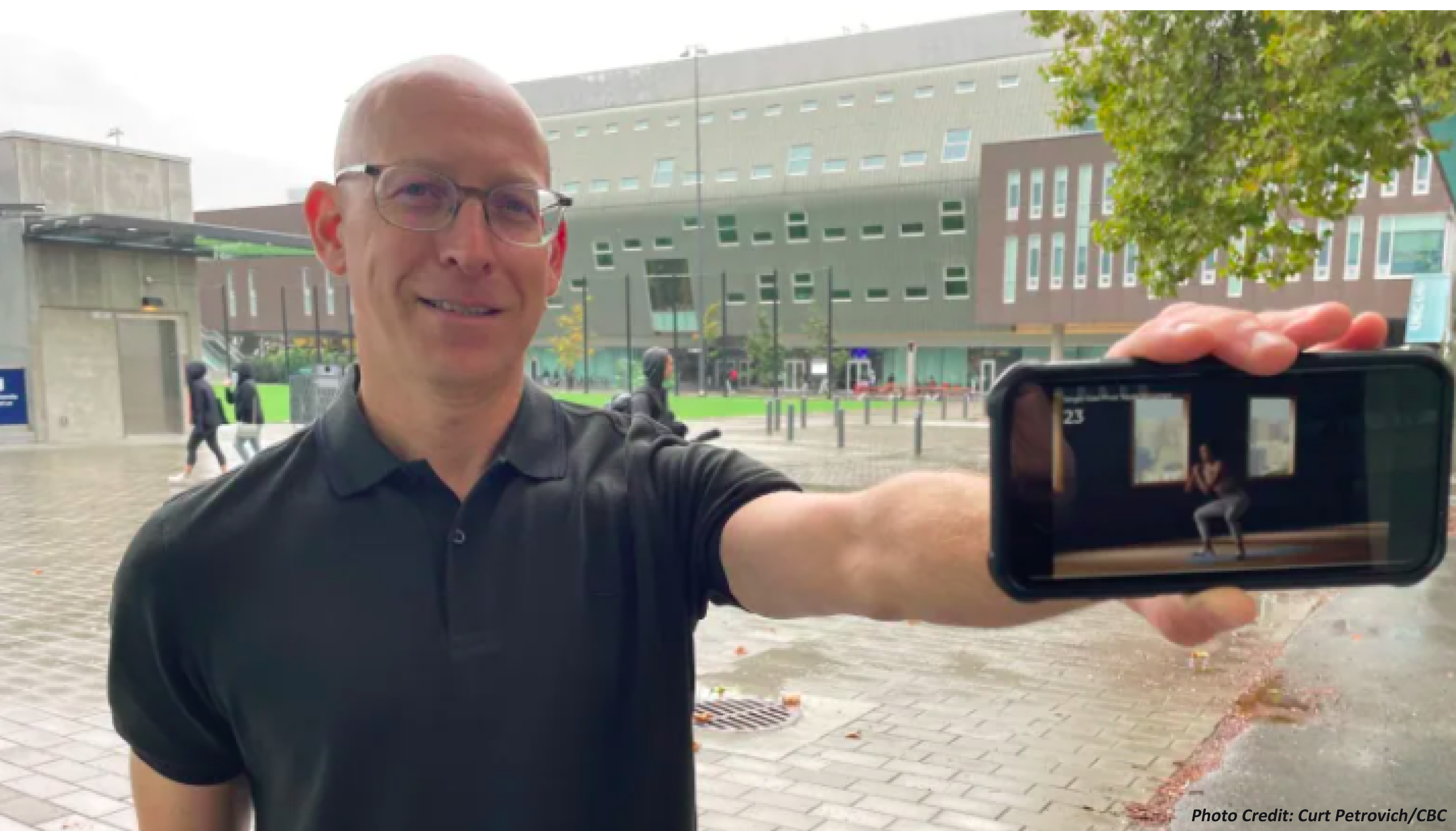
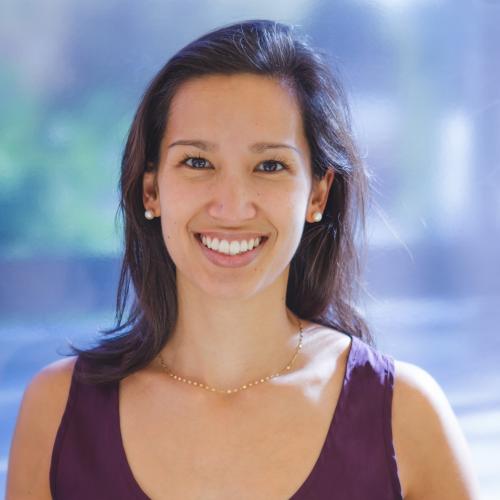 Congratulations to Dr. Jasmin Ma for her published study, “Implementation of the spinal cord injury exercise guidelines in the hospital and community settings: Protocol for a type II hybrid trial.”
Congratulations to Dr. Jasmin Ma for her published study, “Implementation of the spinal cord injury exercise guidelines in the hospital and community settings: Protocol for a type II hybrid trial.”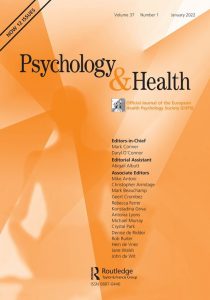 Congratulations to Erica Bennett with co-authors Laura Hurd, Elizabeth Pritchard, Tayler Colton, and Peter Crocker for their recently published article, “‘You’re part of something bigger’: interpersonal relationships and older Canadian men’s body image” in the January 2022 issue of Psychology and Health.
Congratulations to Erica Bennett with co-authors Laura Hurd, Elizabeth Pritchard, Tayler Colton, and Peter Crocker for their recently published article, “‘You’re part of something bigger’: interpersonal relationships and older Canadian men’s body image” in the January 2022 issue of Psychology and Health. Congratulations to Dr. Carli Peters, (Ph.D. 2021) on her published study, “Airway luminal area and the resistive work of breathing during exercise in healthy young females and males”, with Kin professor Dr. Bill Sheel, and co-authors Michael Leahy, Geoffrey Hohert, Pierre Lane, Steven Lam, Don Sin, and Don McKenzie) in the December issue of the Journal of Applied Physiology, 02 Dec. 2021
Congratulations to Dr. Carli Peters, (Ph.D. 2021) on her published study, “Airway luminal area and the resistive work of breathing during exercise in healthy young females and males”, with Kin professor Dr. Bill Sheel, and co-authors Michael Leahy, Geoffrey Hohert, Pierre Lane, Steven Lam, Don Sin, and Don McKenzie) in the December issue of the Journal of Applied Physiology, 02 Dec. 2021